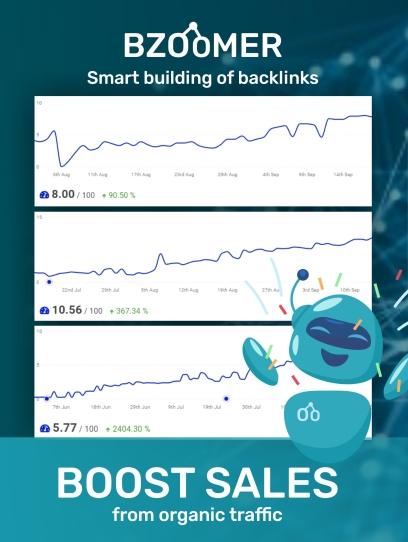In an increasingly interconnected digital world, protecting our online privacy has become more critical than ever. As cyber threats continue to evolve, virtual private networks (VPNs) have emerged as a trusted tool to safeguard our sensitive data and maintain anonymity while navigating the vast landscape of the internet. In this article, we delve into the concept of VPNs, explore their benefits, and shed light on how they can enhance your online security and privacy.
-
What is a VPN? A virtual private network, commonly known as a VPN, is a technology that establishes an encrypted connection between your device and the internet. By routing your internet traffic through a secure server located in a different geographical location, VPNs shield your data from prying eyes, effectively creating a secure tunnel for your online activities.
-
Ensuring Privacy and Anonymity: One of the primary advantages of using a VPN is its ability to provide privacy and anonymity. By encrypting your data and masking your IP address, VPNs make it significantly harder for hackers, government agencies, or even your internet service provider (ISP) to track your online activities. Whether you're browsing the web, accessing public Wi-Fi networks, or engaging in online transactions, a VPN adds an extra layer of protection, ensuring that your sensitive information remains secure.
-
Bypassing Geographic Restrictions: Another powerful feature of VPNs is their ability to bypass geographic restrictions. With a VPN, you can virtually appear to be browsing from a different country, enabling you to access geo-restricted content such as streaming services, websites, and social media platforms. Whether you're traveling abroad or simply seeking broader access to global content, a VPN can unlock a whole new world of possibilities.
-
Enhanced Security on Public Wi-Fi: Public Wi-Fi networks, although convenient, can pose significant security risks. Hackers often target these networks to intercept sensitive information from unsuspecting users. By connecting to a VPN on public Wi-Fi, you create a secure encrypted connection, rendering your data unreadable to potential eavesdroppers. This added layer of security ensures that your personal information, passwords, and financial details are kept safe from prying eyes.
-
Remote Work and Business Applications: In the wake of the COVID-19 pandemic, remote work has become the new norm for many individuals and organizations. VPNs play a crucial role in establishing secure connections between remote employees and their corporate networks. By encrypting communication and securing data transfers, VPNs enable remote workers to access sensitive company resources without compromising security. Additionally, businesses can utilize VPNs to establish secure connections between multiple offices or branches, ensuring seamless and secure data exchange.
Conclusion: As the digital landscape continues to evolve, the need for robust online security and privacy measures has never been more apparent. Virtual private networks offer a reliable solution to protect your sensitive data, maintain anonymity, and access restricted content. Whether you're concerned about online privacy, want to secure your connection on public Wi-Fi, or need a secure remote work solution, VPNs provide an essential layer of protection in today's interconnected world. Embrace the power of VPNs and take control of your online presence.


